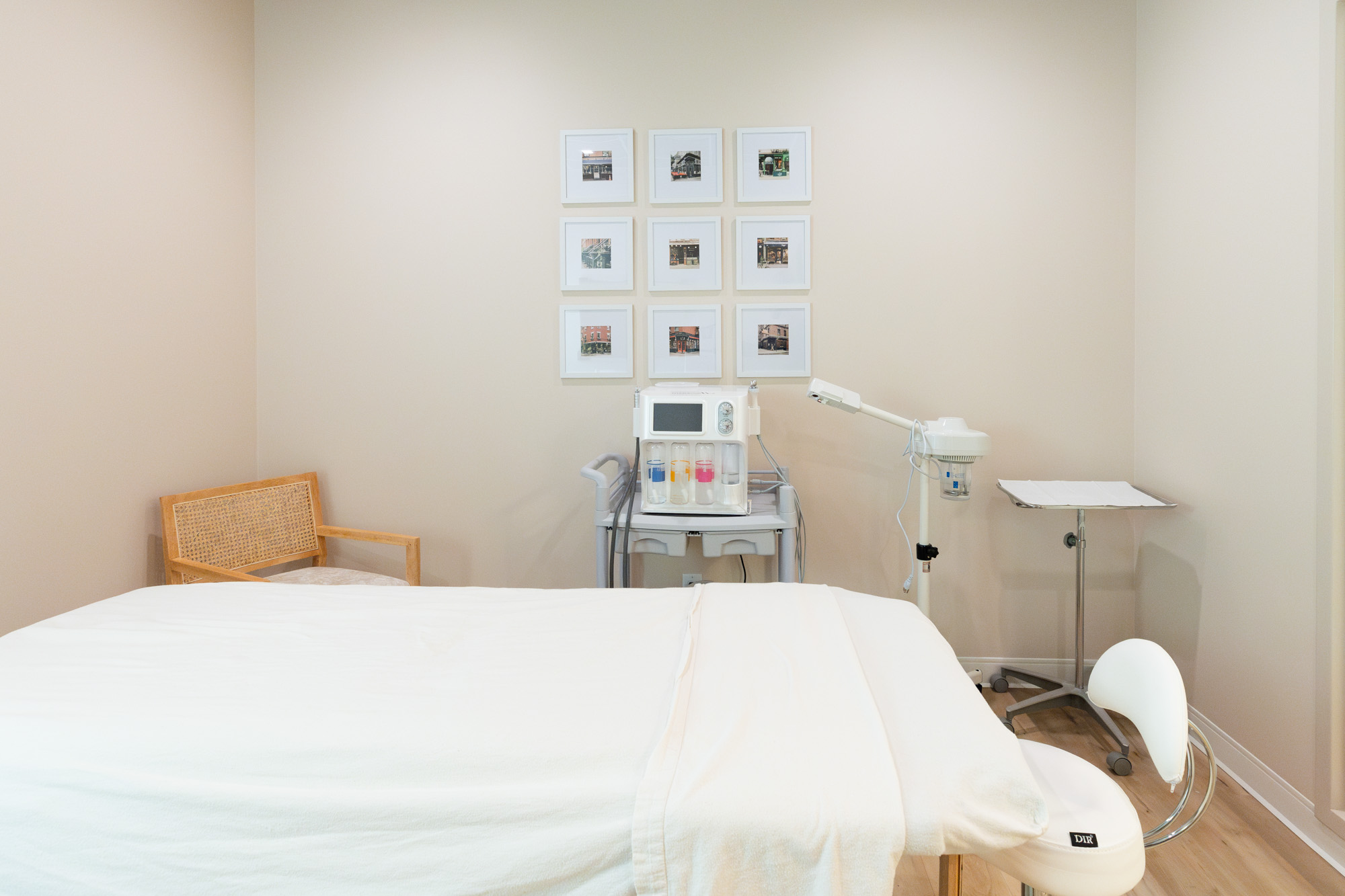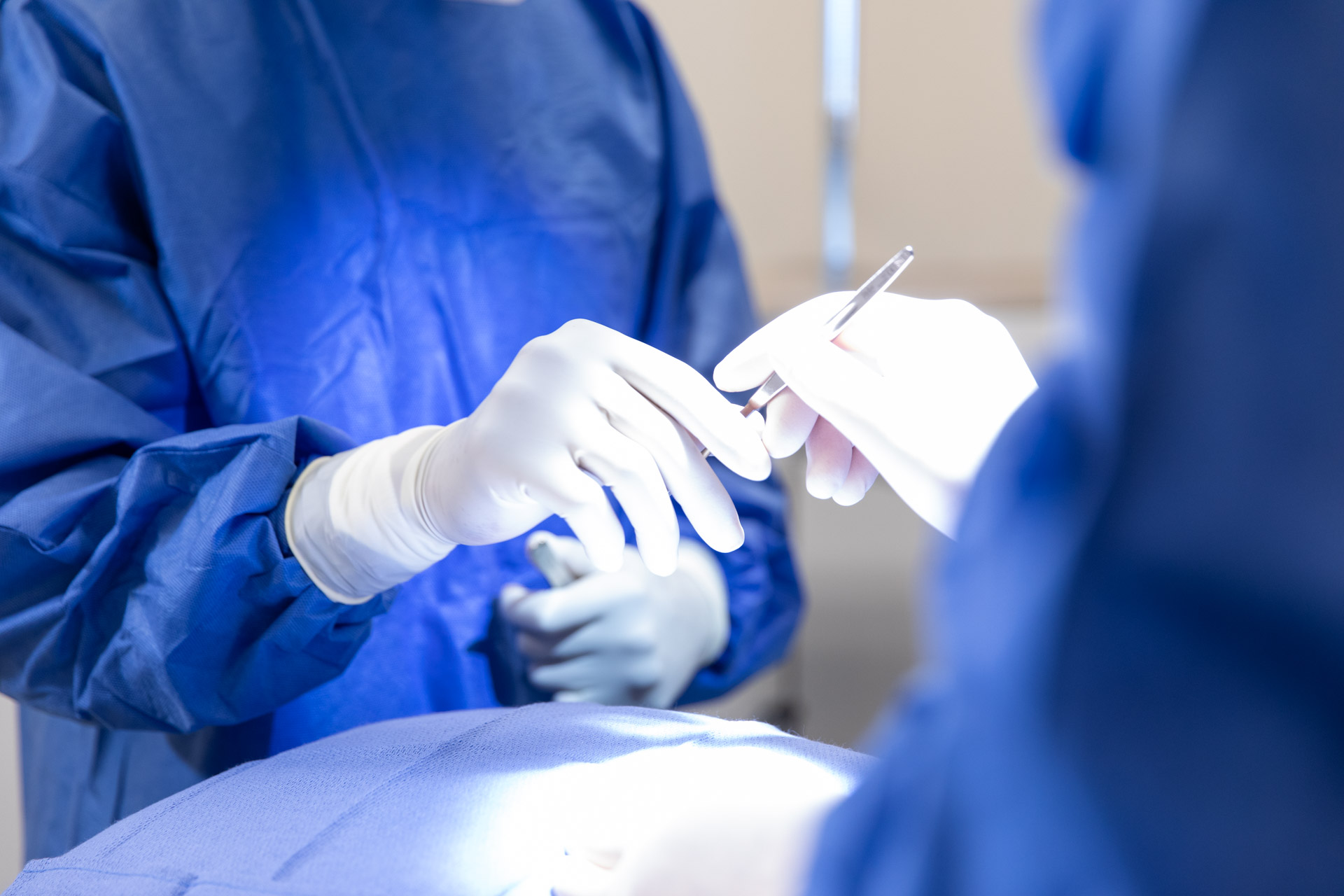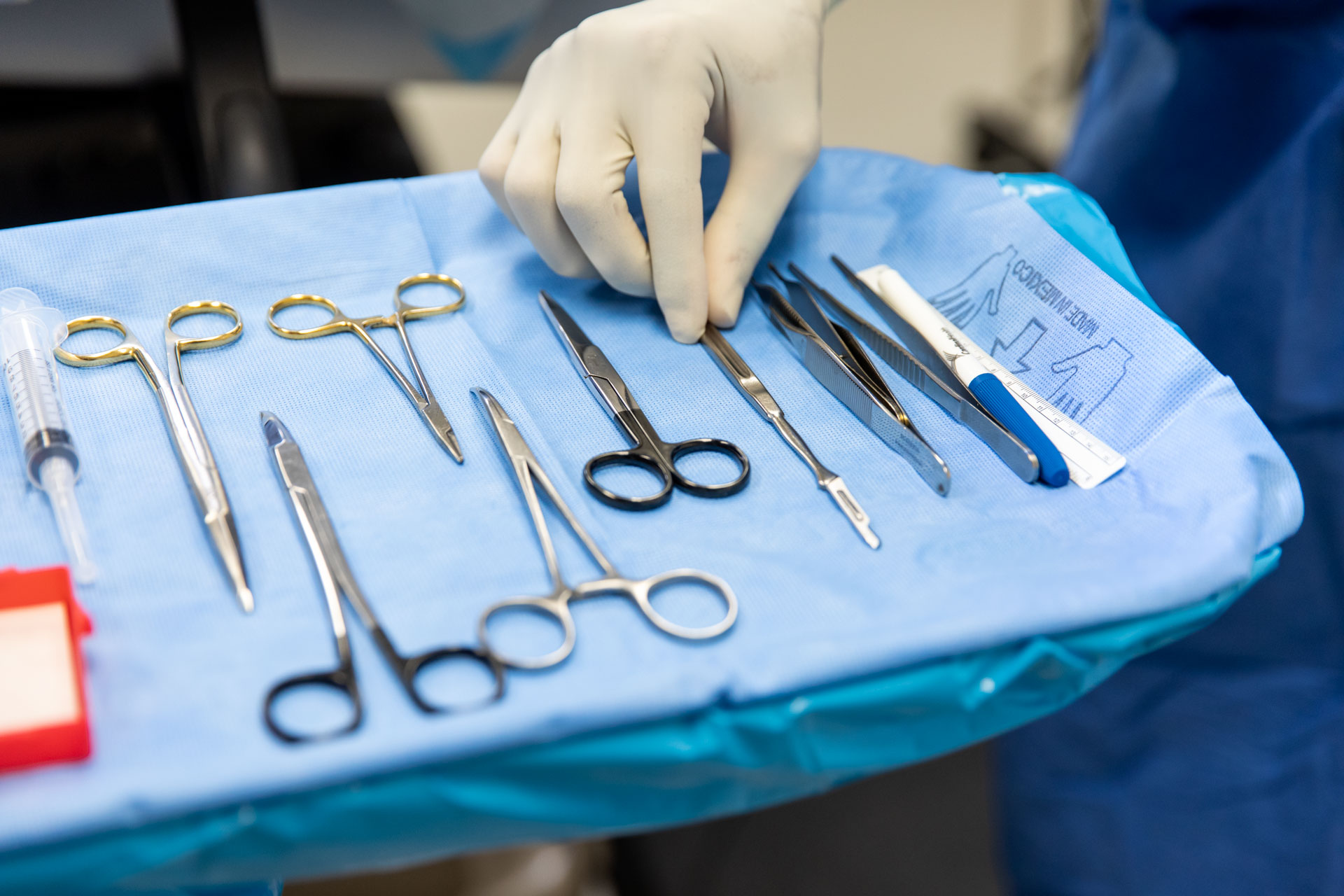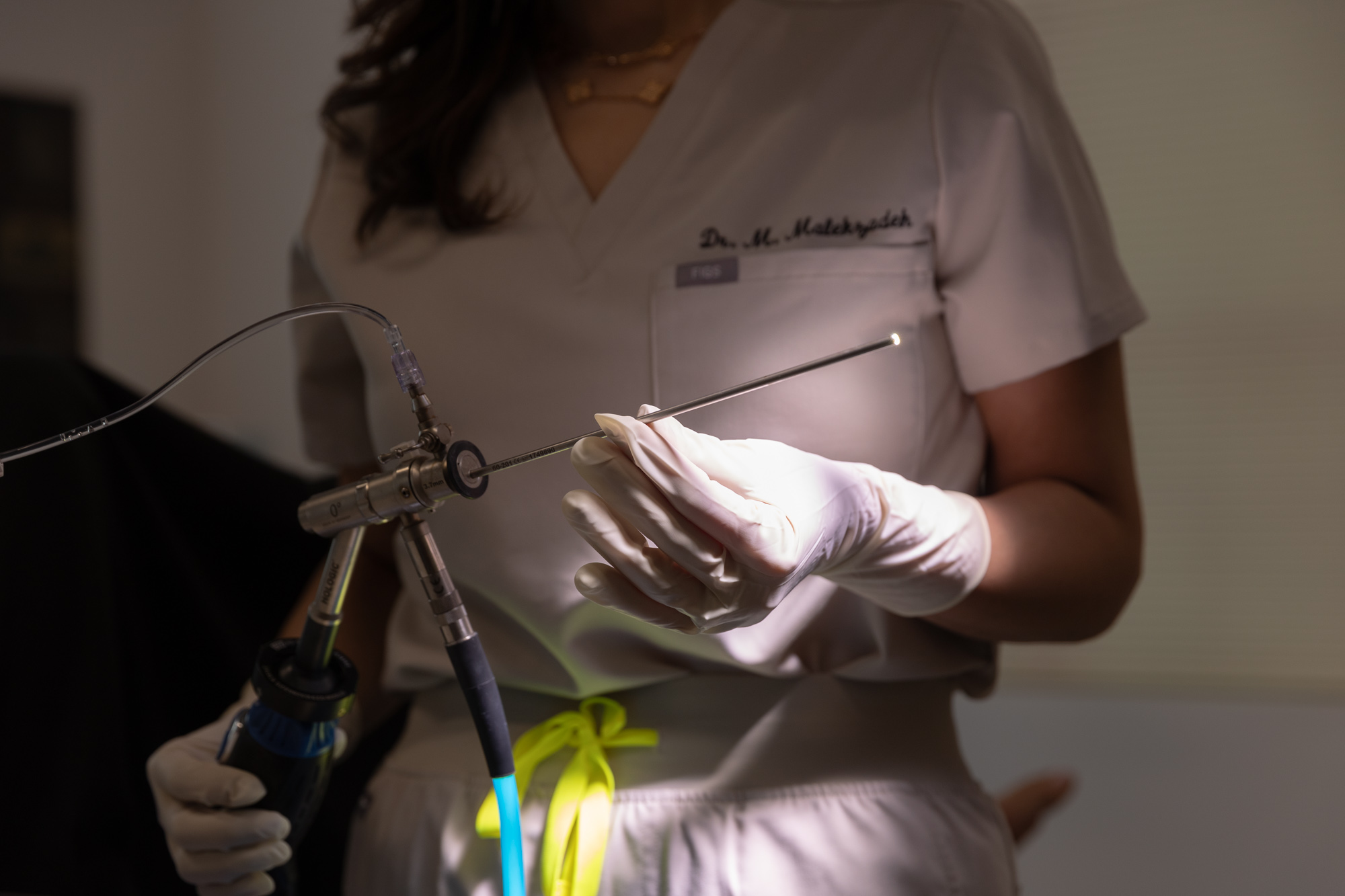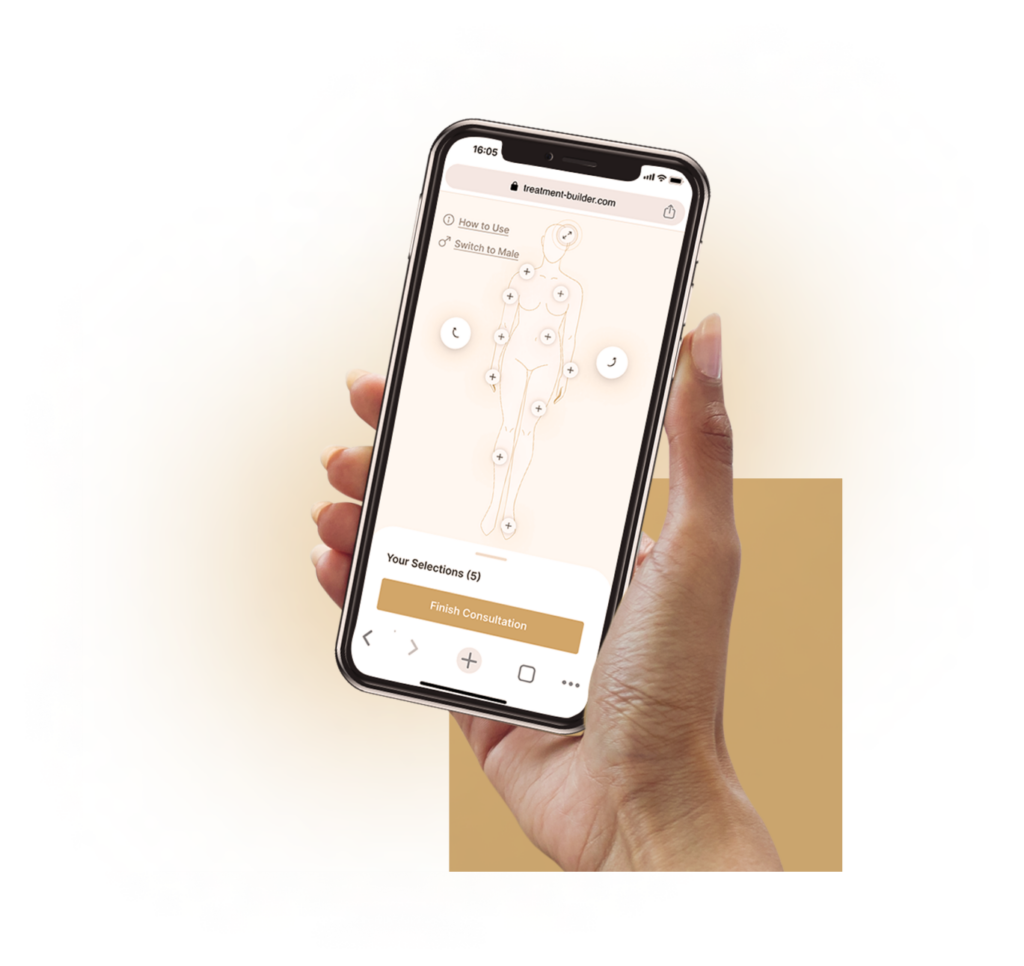When you say spa-like luxury, what does that mean?
We think you’ll begin to understand the way our facility welcomes you the moment you walk in the door. Meticulous care has been given to our decor and environmental design so that you feel both elevated and soothed during your visit.
Our luxurious spaces make patients feel more like they’ve arrived at a spa, from the lab to our ultrasound rooms to IV therapy suites and more. And as an example of the VIP feeling, you may even get to wear one of our oh-so-comfortable robes during your appointment. That’s right—you won’t find ugly medical gowns here!

